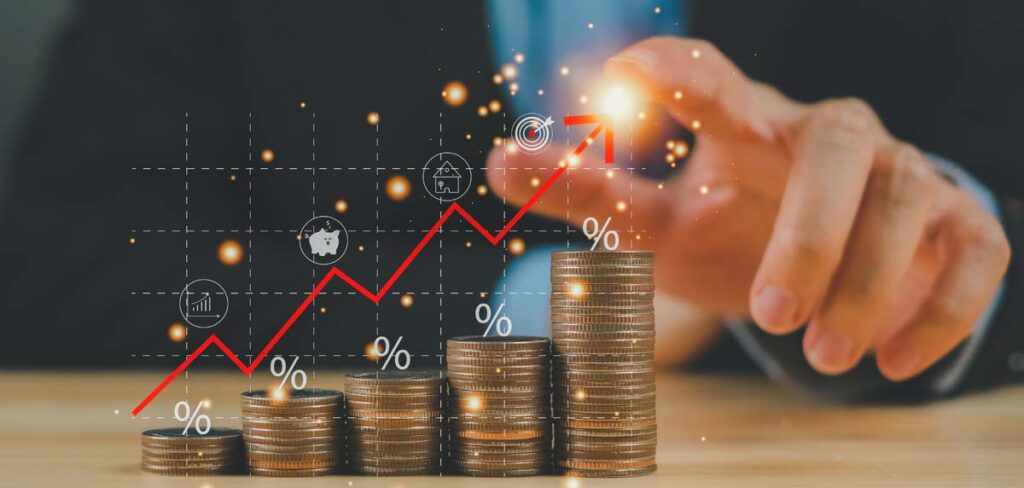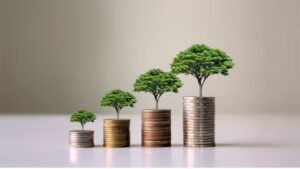Stock market holidays 2025 and What is compounding? These are important factors for investors, but the real magic happens when compounding is allowed to work over time. Compounding is the process where investments generate returns, and those returns, in turn, generate further returns. This snowball effect can lead to exponential wealth growth. Let’s look at some real-life examples that showcase the true power of compounding.
1. Warren Buffett: A Billionaire Built by Compounding
Warren Buffett, one of the richest investors in the world, started investing at just 11 years old. His wealth didn’t come from high-risk investments but from long-term investing and compounding.
- At 30 years old, his net worth was $1 million.
- By 50, it had grown to $300 million.
- Today, in his 90s, his net worth is over $100 billion.
Nearly 99% of his wealth was generated after the age of 50, proving that the longer you stay invested, the greater the impact of compounding.
2. ₹10,000 Invested in Wipro in 1980
A small investment in fundamentally strong companies can create massive wealth. If an investor had put ₹10,000 into Wipro shares in 1980 and held onto them, the investment would be worth over ₹800 crore today.
This is a classic example of how long-term investing and compounding work together to generate life-changing returns.
3. SIP Investments: The Power of Monthly Investing
A Systematic Investment Plan (SIP) allows investors to benefit from compounding, even with small monthly investments.
- ₹5,000 per month at 12% returns grows to:
- ₹11.6 lakh in 10 years
₹50.3 lakh in 20 years
- ₹1.76 crore in 30 years
- ₹11.6 lakh in 10 years
This shows that the longer you stay invested, the bigger the rewards.
4. Grace Groner: Turning $180 into $7 Million
Grace Groner, a secretary, invested $180 in Abbott Laboratories stock in 1935. She never sold her shares and reinvested all dividends.
By the time she passed away in 2010, her initial $180 investment had grown to $7 million—all thanks to the power of compounding over decades.
5. The Rule of 72: How Fast Can Money Double?
The Rule of 72 is a simple way to estimate how long it takes for an investment to double based on the annual return rate.
Years to Double=72Annual Return Rate\text{Years to Double} = \frac{72}{\text{Annual Return Rate}}Years to Double=Annual Return Rate72
For example:
- At 8% returns, money doubles in 9 years.
- At 12% returns, money doubles in 6 years.
- At 15% returns, money doubles in 4.8 years.
If you start investing early, your money has time to double multiple times, significantly increasing wealth.
Stock Market Holidays 2025: Why They Don’t Matter for Long-Term Investors
Many investors worry about stock market holidays 2025, but for those focused on compounding, short-term market closures have no impact. The key is to stay invested and let time work its magic.
Conclusion
Understanding what is compounding and its real-life impact highlights why starting early and staying invested is crucial. Whether through stocks, mutual funds, or SIPs, compounding turns small investments into substantial wealth over time. The key is patience—start now, stay invested, and let compounding do the work!






More Stories
Top Mistakes to Avoid When Filing Chapter 13
Loan App for Quick Cash and Instant Disbursement
How Commodities Trading Can Shape Your Financial Future?